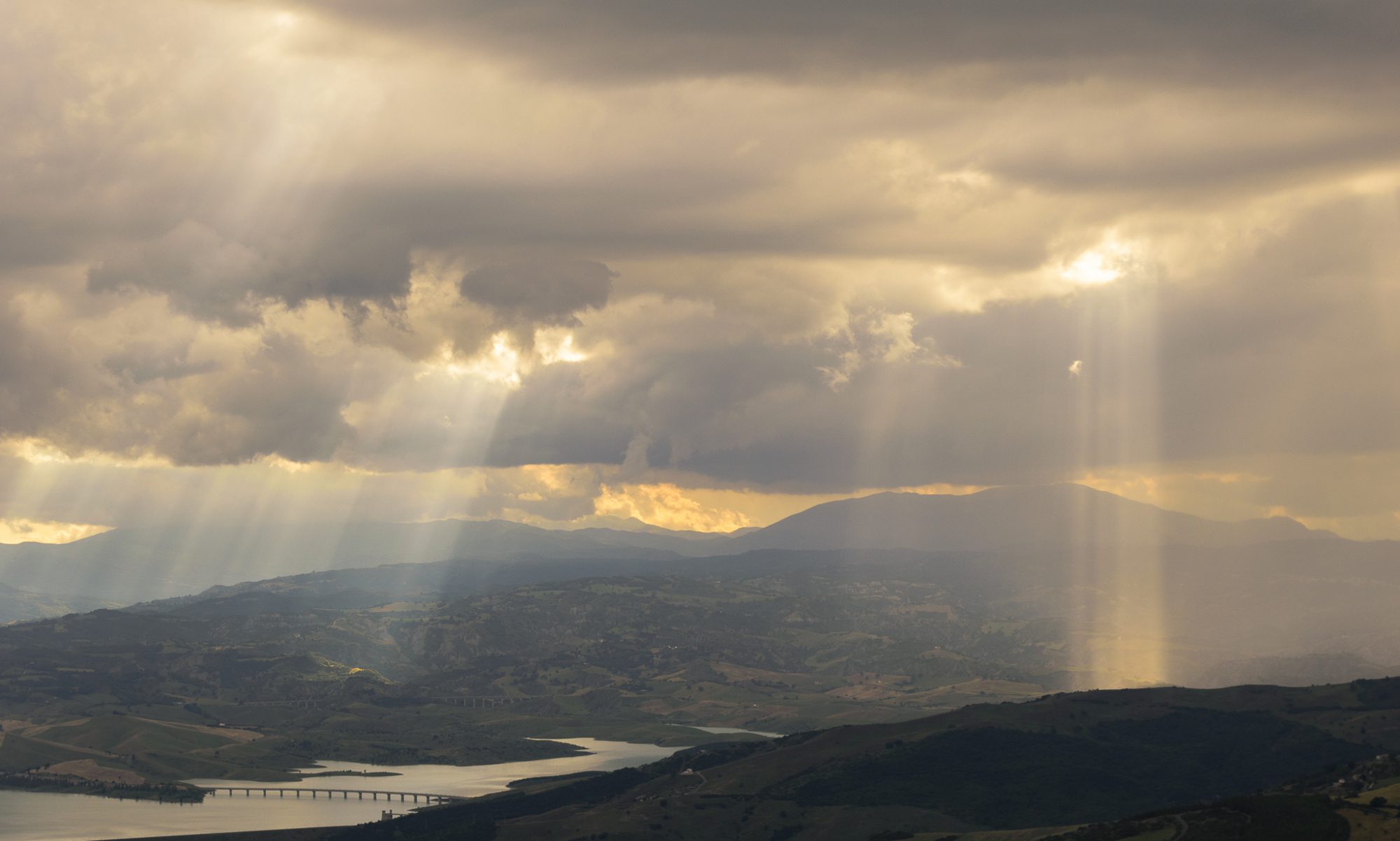Alberto Baracco
University of Basilicata (Italy)
Lucania, Land of Fairy Tales and Films
From Basile’s Lo Cunto de li Cunti to Roccati’s Lucania. Land, Blood and Magic
… Pazzo è chi contrasta con le stelle
(Giambattista Basile)
Giambattista Basile’s Lo cunto de li cunti attests the deep connection between fairy tales and Lucania. Basile drew from the oral tradition, transcribing the folktales gathered in his travels through southern Italy, in Campania, Puglia, and, especially, Lucania. However, Basile transformed them by taking inspiration from customs and rituals of the daily life of his time for criticizing courtly society and literary tradition.
While metamorphosis is central to fairy tales which show a shape-shifting that is one of their dominant and characteristic wonders (Warner 2011), it is also the fairy tale itself that is subject to a continuous process of transformation and change. Many scholars have recently emphasized how it is at the intersection between fairy-tale, media, and cultural studies that it is possible to analyze and understand the symbolic space in which these tales exist and act. How have Basile’s fairy tales metamorphosed in recent decades? What significant relationship exist nowadays between the Pentamerone, cinema and ecological thought?
From an ecocritical perspective, reconsidering some Italian cinematic adaptations of Basile’s work such as Francesco Rosi’s C’era una volta (1967), Matteo Garrone’s Il racconto dei racconti (2015) and Alessandro Rak et al.’s Gatta Cenerentola (2017), the paper will focus on Gigi Roccati’s film Lucania. Land, Blood and Magic (2019) which expresses an ethics of interconnectedness and interdependence between humans and Nature that appears to be fundamental for overcoming individual and collective traumas.
Alberto Baracco is a lecturer in film studies at the University of Basilicata. His main areas of research are film philosophy and film ecocriticism. His recent publications include the two monographs Philosophy in Stan Brakhage’s Dog Star Man (Palgrave Macmillan, 2019) and Hermeneutics of the Film World (Palgrave Macmillan, 2017) and the two essays “I Can Quit Whenever I Want. The Academic Precariat in Italian Cinema” (in Law, Labour and the Humanities, Routledge 2019) and “Soggettività e natura” (in Antroposcenari. Storie, paesaggi, ecologie, Il Mulino, 2018).
